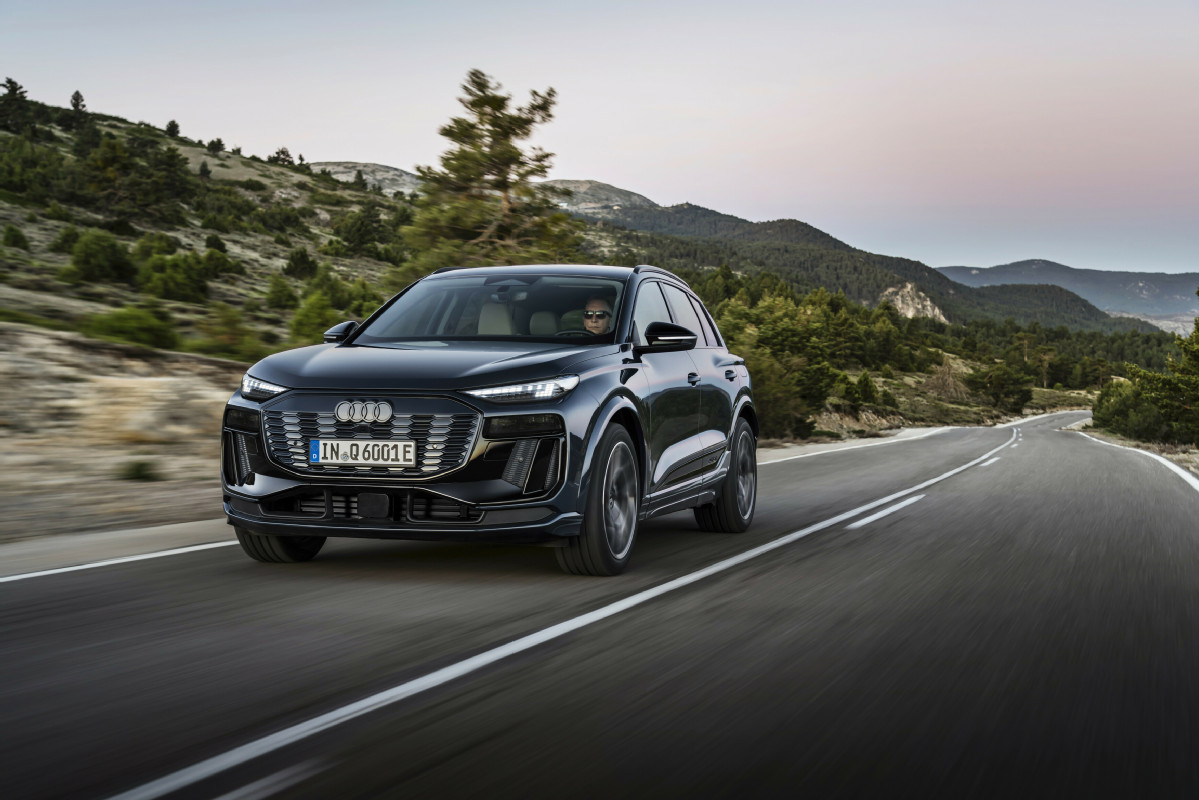Audi pledges to invest in electric powertrains

German premium carmaker Audi will further embrace electrification thanks to its financial strength even amid technological change and heightened competition, executives said last week.
Audi AG, which owns the brands of Bentley, Lamborghini and Ducati, saw its revenue increase by 13.1 percent to 69.9 billion euros ($76.24 billion) in the fiscal year of 2023, due to "solid sales performance, high demand and the more stable supply situation", it said last week.
The group delivered 1.92 million cars during the fiscal year, including 1.9 million Audis, which was an increase of 17.4 percent year-on-year.
Among them, pure electric and hybrid cars saw strong growth, accounting for 16.3 percent of the group's total. The Audi brand sold 178,000 units of pure electric cars in the year, up 51 percent year-on-year.
CFO Juergen Rittersberger said: "Audi has the financial strength to succeed even in times of technological change and more intense competition."
The carmaker plans to launch more than 20 new models over two years, which included the debut of the Q6 e-tron SUV last week.
It is the first production model based on the PPE platform, which was codeveloped with Porsche.
Considered as "the next technological leap in electric mobility from Audi", the Q6 e-tron will be followed by a series of electric product launches, the carmaker said.
The model also features the E³ 1.2 electronic architecture, which is updatable to help Audi develop fully connected vehicles.
Audi has emphasized its plan to release its final batch of traditional fuel vehicles by 2026. This decision has led to a reduction in Audi's budget allocation for combustion engine vehicles, with 70 percent of the overall budget, amounting to 29.5 billion euros, being directed toward electrification and digitization.
Audi CEO Gernot Doellner said: "We are positioning ourselves for the future economically, technologically and strategically, and we are putting our new products on the street one by one."
To secure its long-term competitiveness, the company is refining its regional strategies. This includes adding more market-specific offerings, particularly in China, Audi said.
The Q6 e-tron will be mass produced at the Audi FAW NEV Co factory, a joint venture between Audi and FAW, from the end of 2024, in Changchun, Northeast China's Jilin province.
In the southern region, Audi signed an agreement with another joint venture partner, SAIC, to develop electric models in July, which is expected to be launched in 2026.
Audi sold 729,000 vehicles with a 13.5 percent increase in 2023 in China, its largest single market.
Rittersberger described 2024 as a "transitional year", noting that it will be more demanding than 2023. Assuming slight economic growth and a stable supply chain for parts, Audi AG expects to generate revenue between 63 billion and 68 billion euros in the fiscal year. The operating margin is expected to be between 8 and 10 percent.

